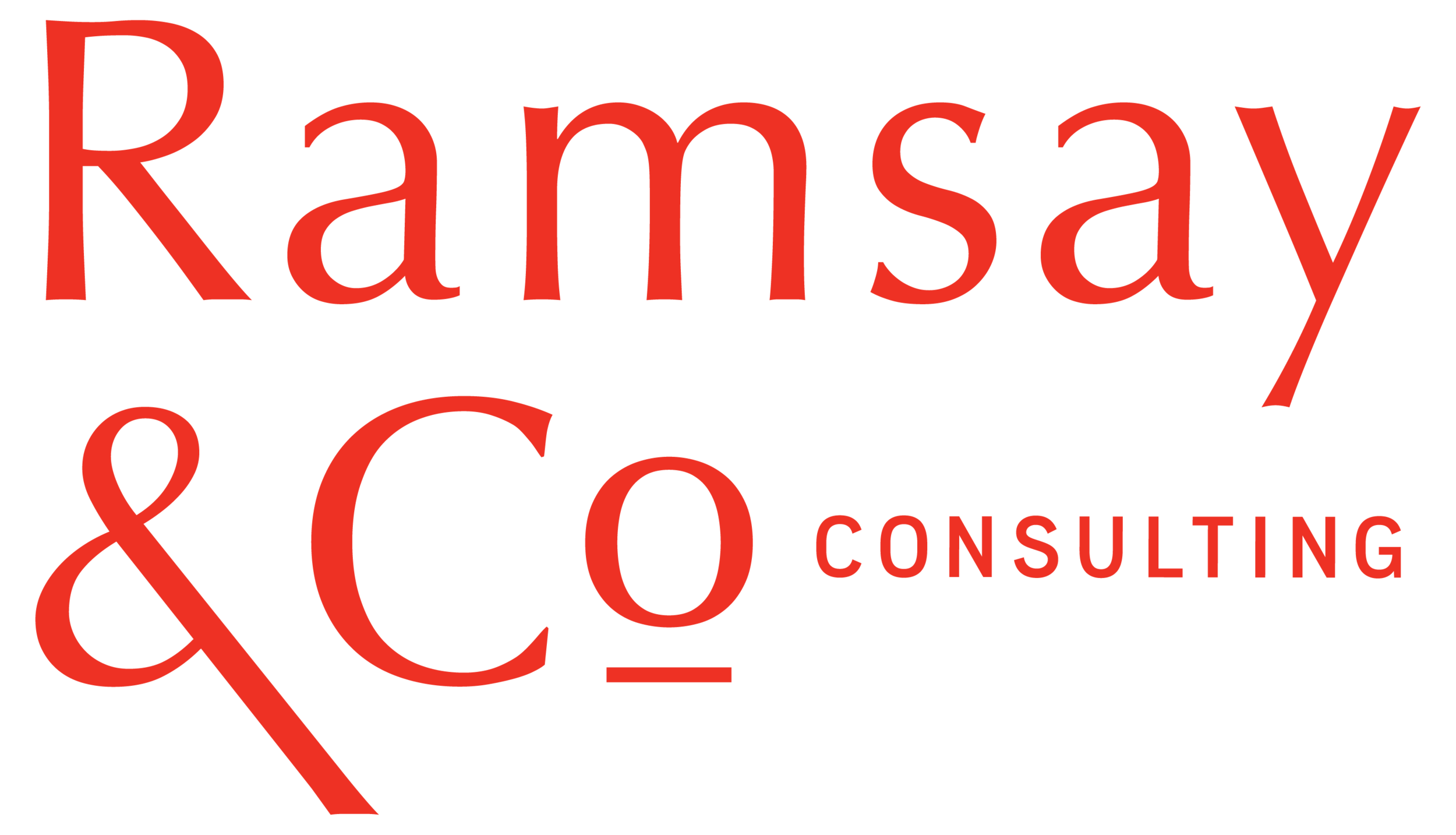#112 – Do This Before You Start ANY Story
The essential art of knowing thyself
I probably should have shared this long ago. At the very beginning of the life of this newsletter, honestly. But as with stories, clarity on ideas and frameworks takes diving in and trying a few things.
Have you ever gone back to a piece of writing, or work, or art you created years ago and wondered at it? Knowing that it’s not something you’d make today. Excellent or mediocre, you know it’s just not where you are as a creator anymore? I look back on old projects and think, “wow, I’ve come so far, I’d do this so differently today.” There's a reason for this. The person you are today is not who you were when you made that thing.
I’ve found that is difficult, maybe even impossible, to start a story as a storyteller without being grounded in two things. With my students and workshop participants the exercise I use to dive into it is called “Know Thyself.” Simple right? Of course not. As ever-changing, ever-evolving beings, knowing yourself is probably one of the hardest things we have to figure out in life and that “self” is constantly changing in response to our experiences.
This is why grounding in where you are and who you are before starting to share a new story is so key. It’s okay to be where you are, no matter where that might be, it’s not about judgement; It’s about recognizing and understanding the context influencing your storytelling.
But, no, I’m not sending you to therapy before you can dive into storytelling (though, I’m a firm believer that EVERY person can benefit from a bit of therapy, that’s a conversation for another newsletter--this one is about storytelling). This exercise is more about grounding yourself in your context and who you are right now at this juncture of your journey. Because that reality is going to inform the story you tell and how you tell it. As always it requires a bit of interrogation—the journalist in me is drawn to probing questions when it comes to solving complex problems.
So the next time you’re starting a project and you want to leverage storytelling as part of it, I want you to start off the process by asking (and answering) two questions:
1. Who am I?
As in what are you beliefs, values, motivations, and behaviours at this point in your journey? What drives you and how relevant is your Purpose, does it need to change? No need to get too philosophical, this can be a quick grounding—listen to your intuition, heart, instinct, whatever naturally guides you.
2. What’s my story?
That’s right. Before diving into sharing new stories, understanding your story is key. Because your story is going to influence the stories you tell. Use the want, because, but framework to give yourself a high level reminder of your story to date in whatever form relates to the story you’re about to share. Or the story of the business (or career, or creative project) you’re about to bring to life in new ways.
Start here with these questions and the stories you tell will be grounded in you and the experiences you’ve had so far. I know people hate this word, but it’ll help the stories you tell resonate with authenticity. Give it a try and let me know how it changes the stories you share.
A Story Well Told
I went to see The Woman King starring Viola Davis last week. It is a majestic, enthralling and just beautiful story of Black woman beauty, strength, and love. It depicts Black women, melanated Black women, in a way that is rare in Hollywood: highlighting both their strength and vulnerability in a way that doesn’t feel cliché. It is strangely about joy while being about a group of Amazon-like warrior women. I’m well into my thirties and this is the first time I’ve ever seen a movie that allows Black women to be strong, but also fallible and vulnerable. Seriously. You should go see if only to gain a new way of seeing Black womanhood in film.
Chantaie Allick
Writer|Strategist|Storyteller
Thanks for reading Adventures in Storytelling!
Subscribe for free to receive weekly insights and resources for better communication through storytelling.

